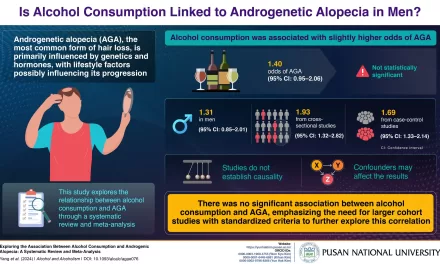In a breakthrough against one of medicine’s most formidable foes, researchers have unveiled a promising new antibiotic that effectively targets Gram-negative bacteria, notorious for their resilience and antibiotic resistance. Published today in Nature, the study heralds a potential game-changer in the fight against pathogens like Escherichia coli and Klebsiella pneumoniae, which cause severe infections ranging from salmonella to sepsis.
Gram-negative bacteria pose a significant challenge due to their robust outer membranes, which thwart the penetration of many antibiotics. The few drugs available often come with a hefty price: they not only combat the pathogens but also decimate beneficial gut bacteria, leaving patients vulnerable to infections like Clostridioides difficile.
The novel antibiotic, named lolamicin, works by targeting a specific group of proteins known as the Lol system, unique to Gram-negative bacteria. Unlike traditional antibiotics, lolamicin selectively kills pathogenic bacteria while sparing non-pathogenic counterparts, based on differences in Lol protein expression. This specificity was validated in experiments where lolamicin effectively eliminated over 130 multidrug-resistant bacterial strains in laboratory settings.
Crucially, in mouse models infected with antibiotic-resistant bacteria, lolamicin proved highly effective. All mice treated with the compound survived bloodstream infections, contrasting sharply with an 87% mortality rate among untreated mice within three days. Remarkably, unlike conventional antibiotics such as amoxicillin, lolamicin did not disrupt the gut microbiome or lead to secondary infections like C. difficile.
“This research demonstrates the potential of targeting the Lol system,” remarked Paul Hergenrother, a chemist at the University of Illinois at Urbana-Champaign and co-author of the study. However, experts caution that while the results are promising, translating them into viable treatments for humans will require extensive clinical trials.
“Developing a new antibiotic from discovery to clinical approval is a lengthy and challenging process,” noted molecular biologist Zemer Gitai from Princeton University. Despite recent advancements in antibiotic research, the road to regulatory approval remains steep, with few new Gram-negative antibiotics making it through the rigorous FDA approval process.
For now, the discovery of lolamicin offers a glimmer of hope in the battle against drug-resistant infections, underscoring the urgent need for continued innovation in antibiotic development.
Reference: Muñoz, K. A. et al. Nature https://doi.org/10.1038/s41586-024-07502-0 (2024).












